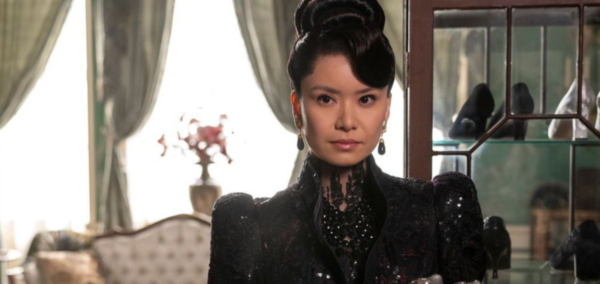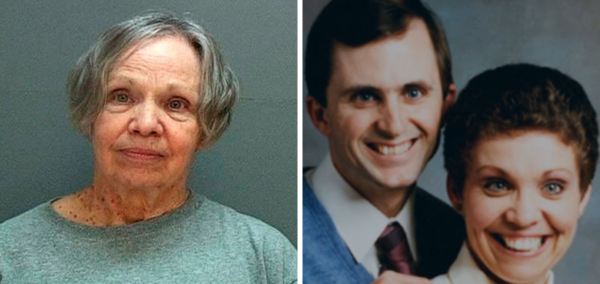
Here’s why the name of the BBC presenter cannot be revealed to the public
A further update is expected from the BBC in ‘coming days’
One major question surrounding the BBC presenter scandal is why the name of presenter hasn’t been revealed by the media following the allegations.
Since the news broke on Friday, people have been speculating on who the presenter is and why they haven’t been publicly named.
The unnamed presenter allegedly paid more than £35,000 in exchange for sexually explicit images of a young person, the money in which their mother claims has been used to fund a serious drug problem.
Here are all the reasons as to why the BBC presenter hasn’t been named in the media.
People are entitled to privacy even when being investigated following a change in a law
The law around privacy was changed after Sir Cliff Richard won a privacy case against the BBC over its coverage of a police raid on his home in Sunningdale, Berkshire in 2014.
Media law expert, Mark Stephens, said: “Back in July 2018, the law changed in the Cliff Richard case and what was decided was that while an investigation was going on, the balance between right to privacy and freedom of expression or the public’s right to know, favoured keeping things private.
“That was quite a controversial change but it was a pretty significant change and that’s impacted here, and that sort of sits over everything, whether it’s a civil complaint or a criminal one.”
There is a ‘contractual agreement’ between the BBC and its employees when it comes to privacy
Mark Stephens said there is a further layer of privacy which is the “contractual agreement” between the BBC and its members of staff.
“If there are allegations of inappropriate behaviour, or any other kind of breach of employment practice, they should be investigated confidentially,” the expert said.
Most Read
“That doesn’t matter whether you’re a celebrity or in the local office or on the building site, the same law applies.”
Naming the wrong person could ruin a person’s personal life and career
The UK’s defamation laws protect individuals against harm, reputation or otherwise, caused by things that have been said about them that are untrue. If the wrong person is named, their career, personal life and relationships could be ruined.
Joshua Rozenberg, a former BBC legal correspondent said: “There are two problems. One is privacy and the other is libel. The Supreme Court established that when someone is under investigation by a law enforcement agency they have this reasonable expectation of privacy.
“If you say something about somebody which you can’t prove is true and they choose to sue you for libel or defamation then they will get damages from you, it will cost you a great deal of money, you will have to apologise and be forced to pay compensation.”
Related stories recommended by this writer:
• Everything that has happened so far in the unnamed BBC presenter scandal
• A quarter of Russell Group unis are investigating students for using ChatGPT in assessments
• Graduates may lose job offer at KPMG as a result of marking boycott
Featured image credit via ANDY RAIN/EPA-EFE/Shutterstock.















